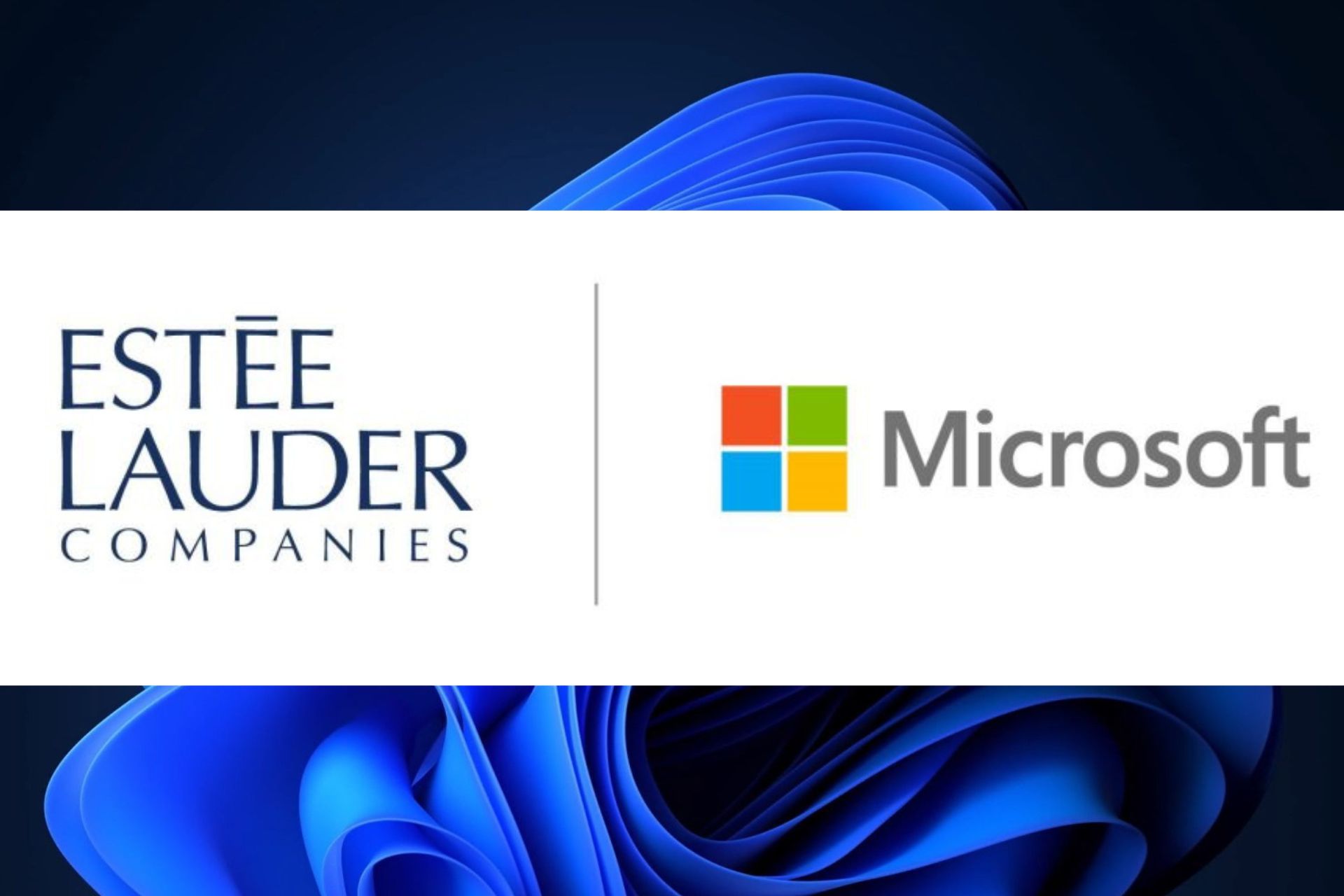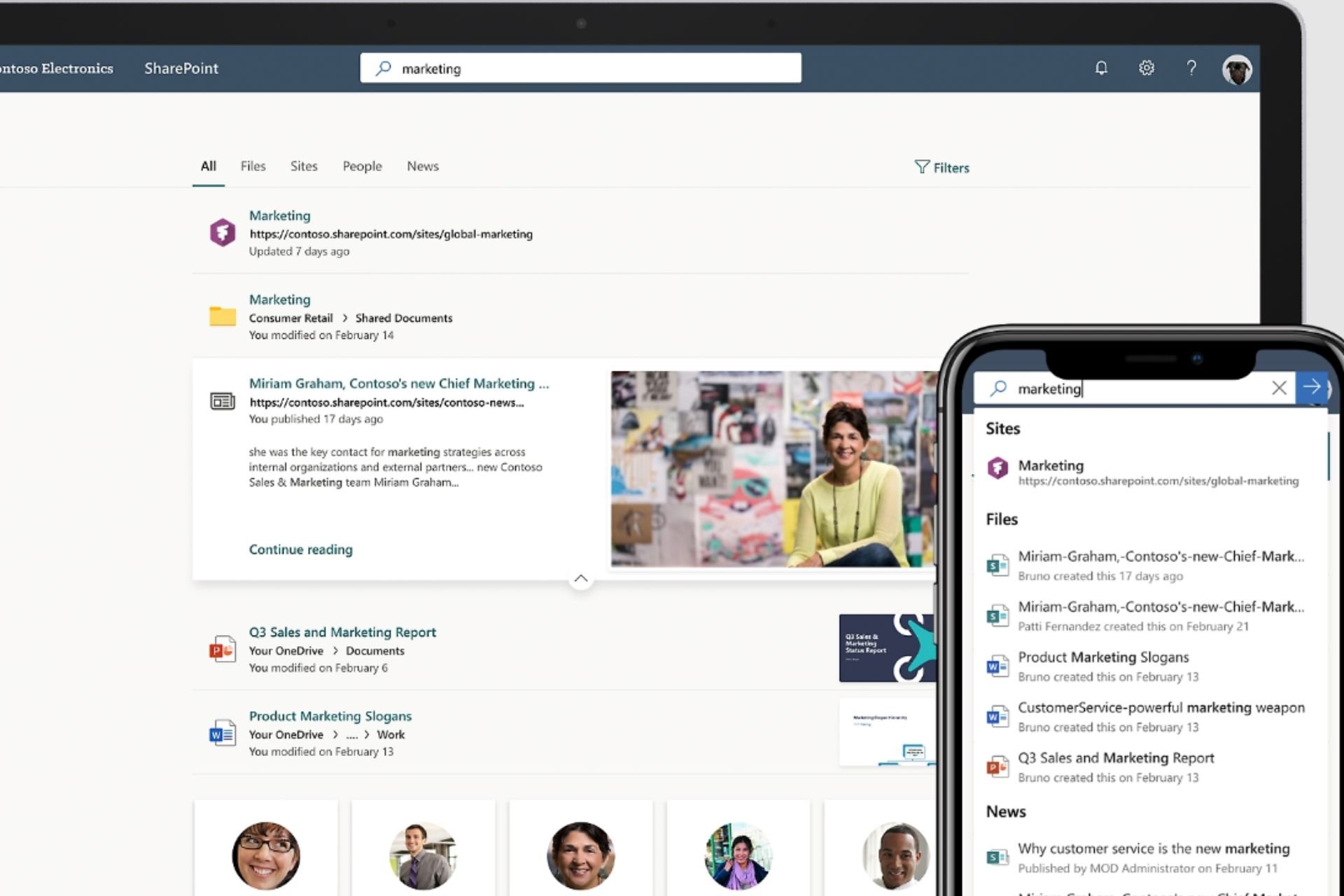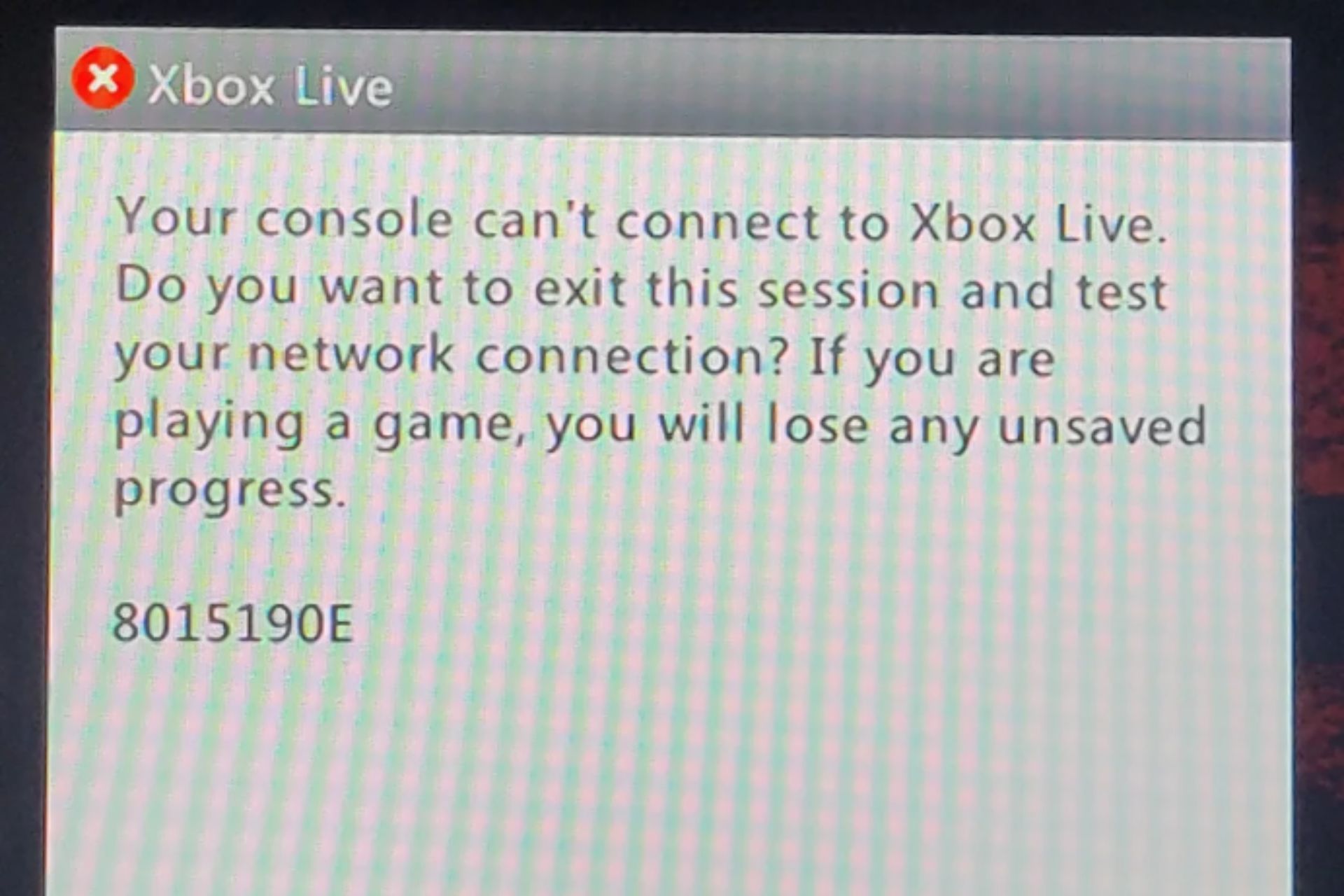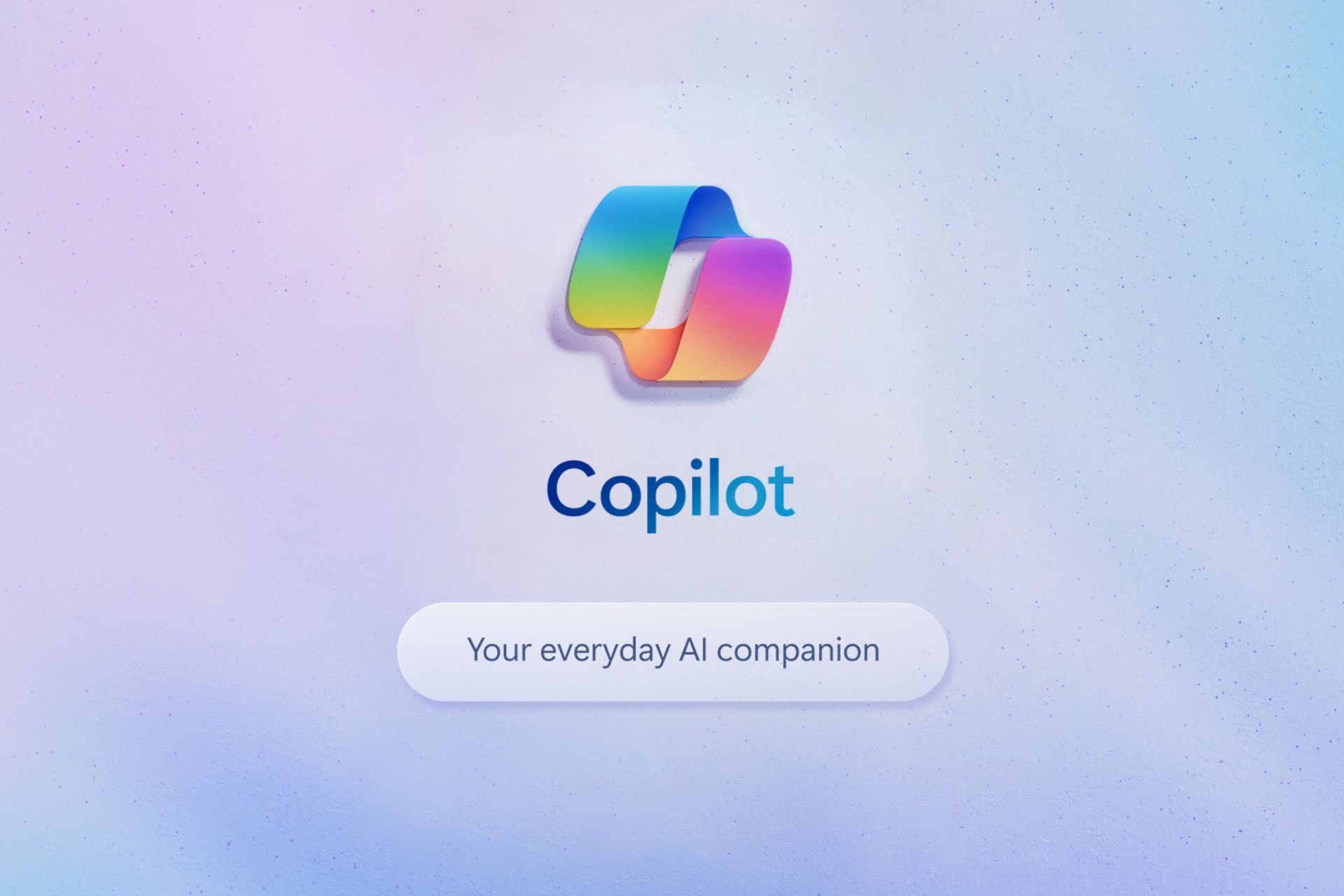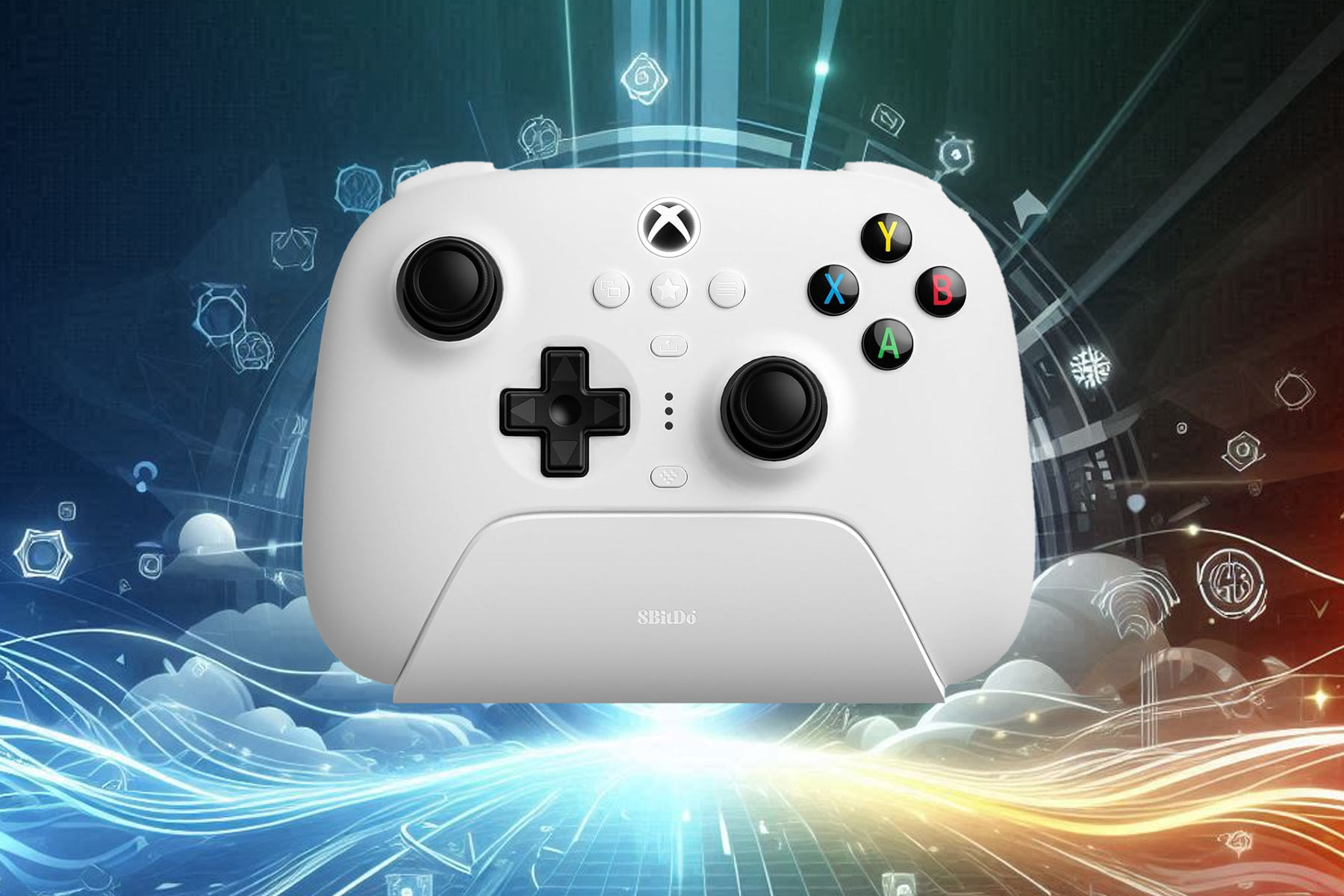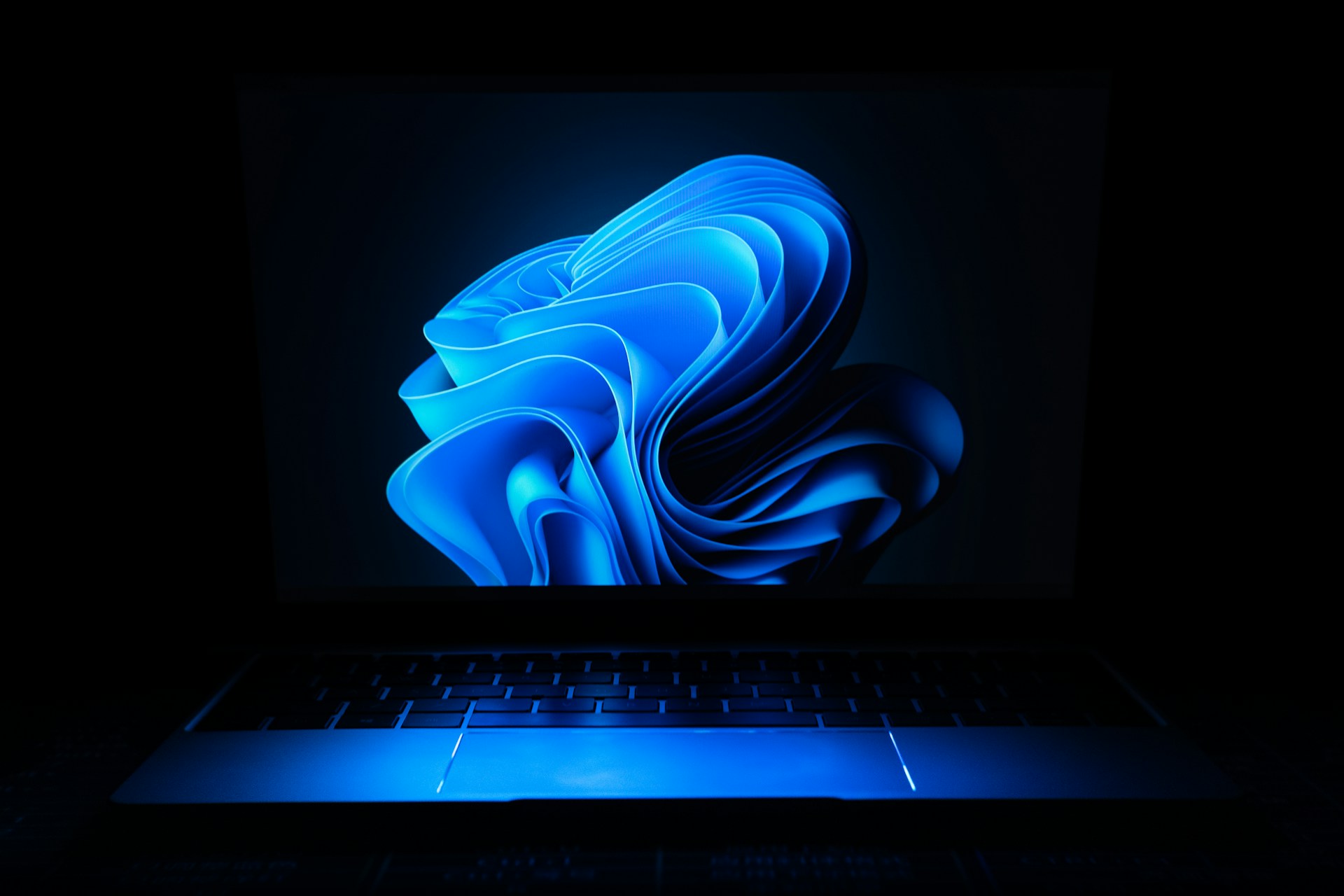Watch out for fake Windows 11 downloads
3 min. read
Published on
Read our disclosure page to find out how can you help Windows Report sustain the editorial team Read more
Key notes
- Attackers used a fake page designed to look like an update for Windows 11 in order to infiltrate computers.
- A malware attack used a fake Windows 11 website to direct people to downloadable files.
- A similar phishing attack was run recently using a fake Discord website.

An attack, which was spotted recently and reported to Microsoft, began with a series of phishing emails that impersonated Microsoft.
The emails were cleverly crafted to convince recipients that they were part of the Windows 11 upgrade program, and instructed them to click a link in the email to start their upgrade.
The link led to a fake Microsoft website that asked users for their email addresses. Once entered, it then proceeded to ask for a phone number and the model of their PCs.
The goal of this step is to allow the attackers to create an account on the fake website using the email address provided by the user.
Attack discovery
HP detected a fake Microsoft website that was distributing malware to those who visited and has outlined this discovery on its threat research blog.
The site had a number of features that appeared legitimate, including social media links, a countdown clock for the upcoming announcement date, and even an embedded video featuring a fake Microsoft report about the operating system.
Microsoft cybersecurity team details the malware campaign that surfaced recently, pointing to the underlying motives behind it.
The group was capitalizing on massive anticipation surrounding Microsoft’s rumored Windows 11 launch particularly among everyday computer users, who were looking for ways to update their machines before the final release.
The thing to note is that these malicious actors take advantage of trending topics to get people to open email attachments and download malware onto their PCs.
Fake website
The fake website mimicked Microsoft’s layout and design. It is likely the creators of the site using Microsoft’s own iconography and images.
It also uses fake news reports from major media outlets with quotes about the new operating system to fool victims into believing this is real.
Anyone who clicks the “download” button is taken to another site that prompts them to fill out a survey before downloading the so-called Windows 11 update.
Unfortunately, it’s not a new version of Microsoft’s OS that people are getting; it’s malware.
If you want to buy Windows 11 outright, you can head over to Microsoft’s site and purchase a copy there. You’ll end up with a digital license that will get you access to the OS.
It’s important to remember that Microsoft isn’t pushing out Windows 11 today, so if you’re not seeing any updates in the Settings app, it means that the new OS just isn’t ready for your PC yet.
Similar attacks
Microsoft also outlines that In December 2021, a similar campaign to the one described above was discovered.
A redline stealer campaign was discovered that used fake versions of discord’s website and other messaging services in order to distribute malicious software.
Have you been tricked in downloading malware in the hope of upgrading your PC to Windows 11? Please share your experience in the comments section.

